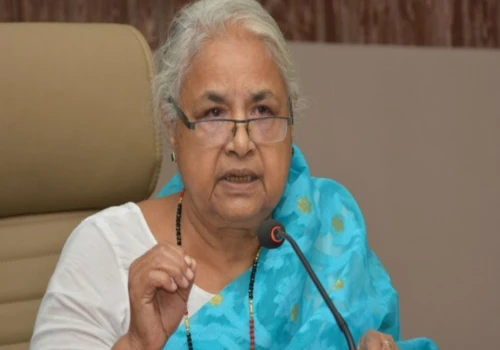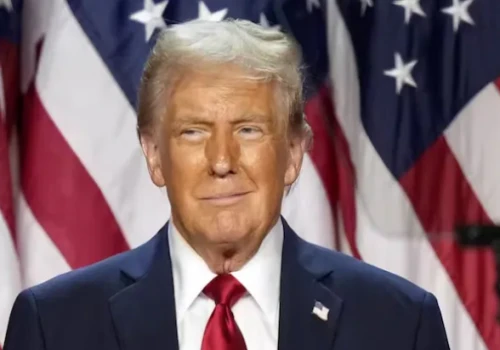
US Supreme Court Agrees to Review Age Verification Law for Online Porn
In a significant development, the US Supreme Court has agreed to review a contentious age verification law aimed at regulating access to online pornography. The law, which has sparked widespread debate, requires adult websites to implement stringent age verification measures to prevent minors from accessing explicit content.
Background
The law in question was enacted as part of a broader effort to protect children from the potential harms of exposure to online pornography. Proponents argue that the easy availability of explicit material on the internet poses significant risks to minors, including psychological harm and the normalization of unhealthy sexual behavior. They believe that mandatory age verification is a crucial step in shielding children from inappropriate content.
Arguments For the Law
Supporters of the law emphasize its necessity in the digital age, where the internet has become a ubiquitous part of daily life. They argue that just as there are age restrictions on alcohol and tobacco, similar measures should be in place for adult content. The proponents highlight the failure of voluntary measures and parental controls to adequately protect minors, suggesting that legal enforcement is the only effective solution.
Arguments Against the Law
However, the law has faced fierce opposition on several grounds. Critics argue that it infringes on privacy rights, as users would be required to provide personal information to access adult websites. There are concerns about the security of this data and the potential for misuse. Additionally, opponents contend that the law could have unintended consequences, such as driving traffic to unregulated and potentially more harmful sites that do not comply with the regulations.
Constitutional Considerations
The Supreme Court's decision to review the law underscores the constitutional questions at stake. Central to the debate is the First Amendment, which protects freedom of speech. Critics argue that the law constitutes an undue restriction on free expression by imposing barriers to accessing lawful content. The court will also consider the balance between protecting children and preserving the rights of adults to view legal adult material.
Implications of the Review
The Supreme Court's review of the age verification law will have far-reaching implications. A ruling in favor of the law could pave the way for more stringent regulations on internet content, potentially setting a precedent for other countries grappling with similar issues. Conversely, a decision against the law could reaffirm the importance of privacy and free speech in the digital era.
Conclusion
As the Supreme Court prepares to hear arguments on this contentious issue, the outcome remains uncertain. The case highlights the ongoing struggle to balance the protection of minors with the rights of adults in an increasingly digital world. Whatever the decision, it is likely to have a profound impact on internet regulation and the boundaries of free expression in the United States.
The court's ruling, expected later this year, will be closely watched by advocates on both sides of the debate, as well as by policymakers and legal experts around the globe.












